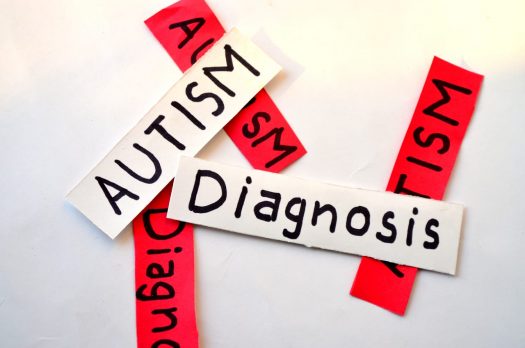Sunrise to Sunset: Supporting Children with Autism Through Their Day
About This Series
This four-part webinar series offered by the OneOp Early Intervention team focuses on supporting young children with autism and their families. This webinar series guides us through important steps in the lives of families of children with autism and related disorders.
Webinars

What Do We Know: Autism Screening, Diagnosis, & Supporting Young Children & Families
This webinar covers the prevalence of autism in the US and common red flags. The screening and diagnosis process of young children with autism is also discussed. Strategies for partnering with and supporting families through this process are shared.

Yuck! I Don’t Eat That! Nutrition & Selective Eating in Young Children with Autism
This webinar addresses common concerns of families surrounding dietary preferences and limitations often seen in young children with autism.

Stepping Out: Family Outings with Young Children with Autism
Many families of young children with autism and related disorders have difficulties during outings to parks, libraries, appointments, and more. This webinar presents ways professionals can help families develop strategies to prevent and address concerns during their outings.

Welcome to the Group: Inclusion for Young Children with Autism
Child care providers and preschool teachers need to use best-practices to successfully include young children with autism and related disorders in their programs. This webinar discusses best practices for including all children (birth-5) in program activities.











